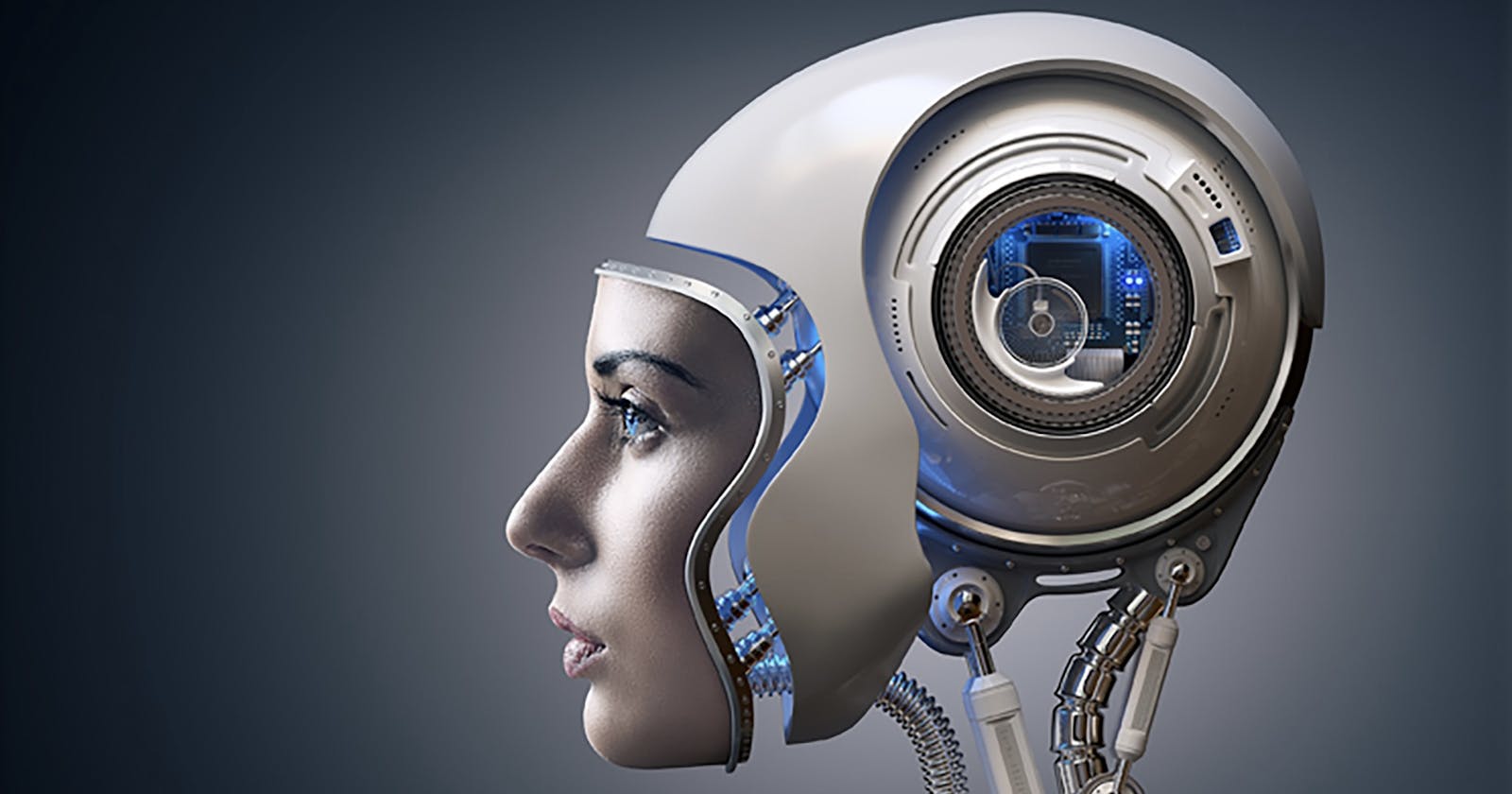The world is constantly evolving and changing at a rapid pace. As we push the boundaries of what we once thought was possible, new and exciting opportunities emerge. But how do we continue to innovate and make progress when we've already achieved so much? The answer lies in thinking beyond the possibilities.
Thinking beyond the possibilities means breaking free from conventional ways of thinking and considering new and unconventional ideas. It involves challenging assumptions, pushing past our limits, and embracing creativity and innovation. It's about being open to new ideas and possibilities, even if they seem far-fetched or impossible at first glance. Throughout history, there have been many examples of people who have thought beyond the possibilities and achieved great success. From inventors and scientists to artists and entrepreneurs, those who are willing to take risks and explore new ideas have often been the ones to make the greatest breakthroughs.
So to begin with the key topic we will explore is DNA editing, Time Travel, and Social Engineering. Have you ever wondered if it's possible to have offspring with specific desired characteristics? Well, there's a technique called CRISPR that can make it possible. For instance, Vivek Oberoi's character in Krrish 3 exemplifies this. However, like any new technology, CRISPR has its pros and cons.CRISPR (Clustered Regularly Interspaced Short Palindromic Repeats) is a gene editing technology that allows scientists to make precise changes to the DNA of living cells. It works by using a protein called Cas9 that acts like a pair of molecular scissors to cut the DNA at a specific location, which can then be repaired by the cell's own repair mechanisms to insert, delete or replace specific genes or genetic sequences. While CRISPR holds tremendous promise for treating and curing genetic diseases, there are also concerns about its use in modifying human embryos.
The use of CRISPR to modify human embryos raises ethical, legal, and societal concerns, and is currently prohibited in many countries. One of the main concerns is the potential for unintended consequences, such as off-target effects or unintended mutations that could have harmful effects on the health of the individual or their offspring. Additionally, there are concerns about equity and access, as the ability to modify the DNA of a baby could be limited to only those who can afford it, creating further inequality in society.
The concept of "designer babies" raises significant ethical and moral questions, and the use of CRISPR to create babies with specific desired traits could raise questions about issues such as autonomy, eugenics, and societal norms. Moreover, there are concerns about the long-term effects of modifying human DNA, as it could have unintended consequences that may not be apparent for many generations. While CRISPR holds tremendous promise for treating and curing genetic diseases, it is important that we carefully consider the ethical and societal implications of its use in modifying human DNA. While further applications that can be worked on are eliminating hereditary diseases from the DNA and making a disease-free human, increasing the human lifespan, and developing highly efficient crops.
As we continue to explore the potential of science and technology to transform our world, another fascinating topic that has captured the imagination of many is the concept of Time Travel. While it has been a popular theme in science fiction for decades, recent advances in physics and cosmology have opened up new possibilities for exploring the mysteries of time and space. On the other hand, if there were to be Time Travel possible in the future then everything around us and all the events that have happened or will happen is all pre-defined and are going the way it was decided by the people from the future because a single change in an event can create a different future which gives rise to the concept of Multiverse.
Consider someone who went into the past and tried to change the events in the past so the resulting present is actually what got influenced by the time traveler. So we can assume that if by any chance Time Travelling will be possible then there are people around us from the Future in the present and in all the generations who influenced people to many breakthroughs.
Moving on from time travel, another intriguing concept that has gained prominence in recent years is Social Engineering. Unlike physical engineering which involves designing and building structures and machines, social engineering involves manipulating human behavior and emotions to achieve specific outcomes. From advertising and marketing to politics and national security, social engineering has become an increasingly important tool for shaping public opinion and behavior.
The British Rule in India is the biggest example of social engineering where they tried to portray India as a primitive and backward society in need of the "civilizing" influence of Western culture and values. By doing so, they not only suppressed the rich history and achievements of Indian culture but also created a sense of inferiority and self-doubt among Indians. Despite the end of colonial rule, the impact of this social engineering is still felt in modern Indian society. The legacy of British rule has left a deep imprint on Indian culture and identity, and many Indians are still struggling to reclaim their rich heritage and overcome the sense of inferiority that was imposed upon them.
Another example of social engineering is the use of targeted advertising by companies to influence consumer behavior. Companies collect data on user preferences, interests, and online behavior to create personalized ads that are more likely to resonate with users. These ads are designed to create a desire or need for the product, influencing consumer behavior and driving sales. For instance, a user browsing for running shoes online may be targeted with ads for similar products, encouraging them to make a purchase. While this can be seen as a benefit for consumers who are presented with products that are relevant to their interests and needs, it can also be a form of manipulation as users may not be aware of how their data is being used to influence their behavior.
In conclusion, by thinking beyond what is currently possible and exploring new and unconventional ideas, we can continue to innovate and make progress. But we must do so with careful consideration of the potential risks and impacts of our actions. By doing so, we can build a better and more equitable world for all.
Bonus
A Fact that I encountered from Rocket Boys: If we imagine the formation of the Earth as the start of a 24-hour clock, and the present moment as the next midnight, then modern humans have been around for just one second, from 11:59:59pm to the next midnight. In other words, modern humans have only existed for a tiny fraction of the Earth's 4.5 billion-year history. This puts into perspective just how brief our time on this planet has been, and how much there is still to discover and explore about our world and its history.

